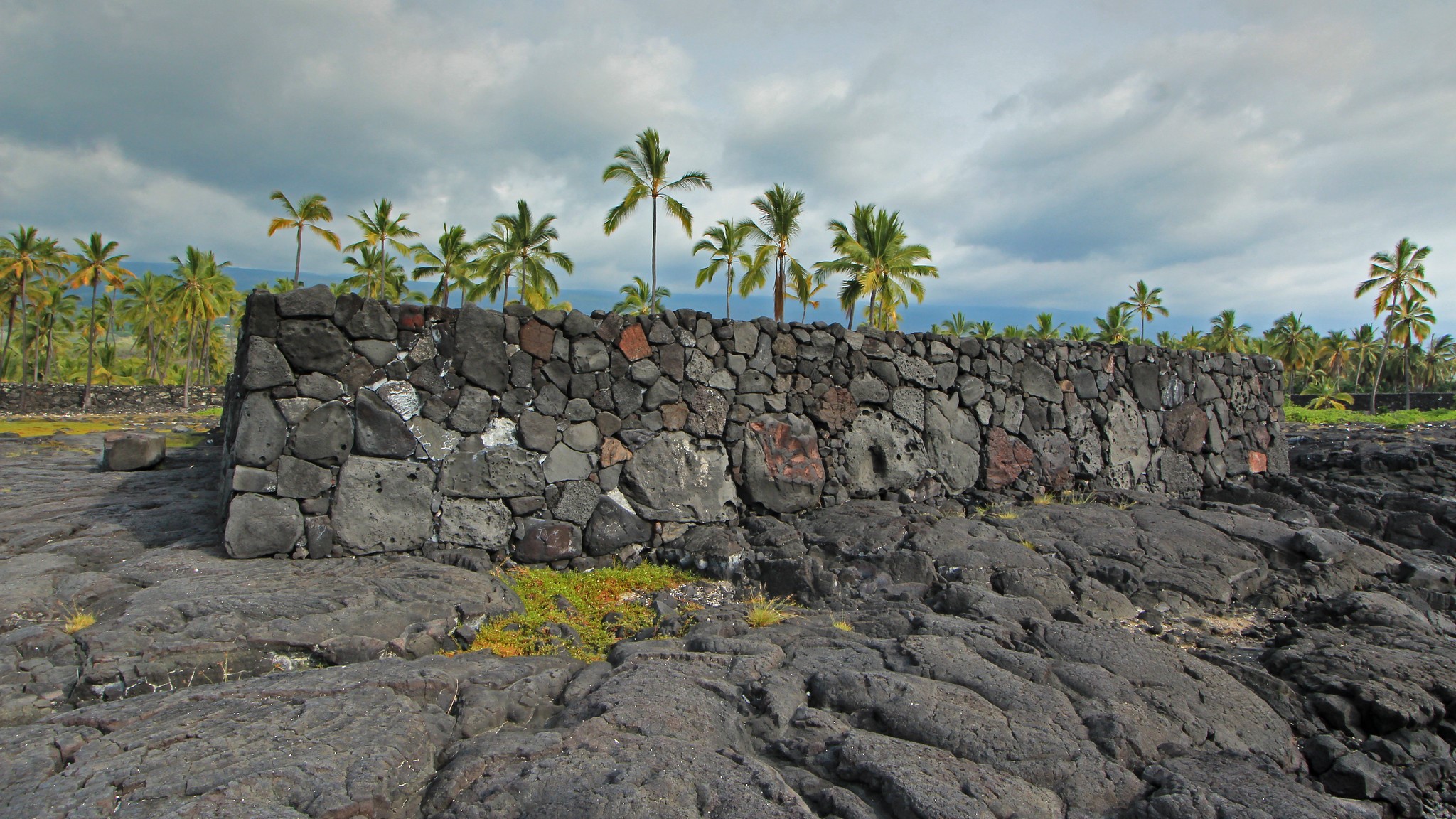Strategies for Collaboration in Archaeological Climate Adaptation Planning

An article, Strategies for meaningful engagement: A commentary on collaboration in archaeological climate adaptation planning, authored by 2021-2022 SE CASC Global Change Fellow, Courtney Hotchkiss, was published in the journal Parks Stewardship Forum on 30 September 2022. SE CASC Faculty Affiliate Erin Seekamp was a co-author to the article. The following summary was prepared by lead author, Courtney Hotchkiss, who is currently a doctoral candidate at NC State University.
Archaeological sites and objects provide information and evidence about past human culture, movement on the landscape, and interactions with their environment, yet many objects and places are still connected to living groups of people. As climate change impacts intensify, decisions about protecting, conserving, or letting go of archaeological sites will need to be made by a multitude of stakeholders. Climate change adaptation planning for archaeological sites is particularly challenging because site locations are typically considered sensitive information; there are many sites left in-situ which could suddenly be exposed; and objects and landscapes are often the cultural heritage of citizens and staff of Tribal Nations.
For archaeological sites situated on public lands, decision making about site stewardship is derived from federal policy and guidelines. Despite national and international calls for integrating Indigenous and Traditional Ecological Knowledges (ITEK, or sometimes known as TEK), this is not reflected in the practice, especially for sites situated on public lands.
This study looked closely at one particular federal agency, the National Park Service (NPS), which is in charge of creating treatment guidance for cultural resources and administering the National Register of Historic Places program. We used a multimodal approach to collect and synthesize a variety of information from citizens and staff of Tribal Nations, agency staff at multiple levels, and other individuals and institutions working towards Indigenous rights and sovereignty. This method is not exhaustive, but it provides a breadth of input from several sources on strategies to include different perspectives and ways of knowing. Tribal Nations have a shared history but are not a monolith, and, similarly, we are listening and identifying patterns, but recognizing that each relationship and process of working together will be different.
Multimodal approaches
| Attending a training for cultural sensitivity and working with citizens and staff of Tribal Nations on Climate Change adaptation planning. |
| Reviewing guidelines and policy documents related to cultural resource management and climate change adaptation planning. |
| Hosting and attending listening sessions with associated Tribal Nations and communities. |
| Hosting a series of engagement workshops, facilitated by agency and Tribal staff. |
| Interviewing agency staff to identify challenges and opportunities to collaborate and meaningfully engage with Tribal Nations. |
| Supporting Tribal Interns through paid internships and triangulating between agency staff, Tribal staff, and Tribal youth to gain experience and protect sensitive wisdom and knowledge. |
A synthesis of the results from the multimodal approach revealed theoretical and practical insights to climate change adaptation planning for archaeological sites between federal agencies and sovereign Tribal Nations. Epistemic challenges of weaving Western and Traditional knowledges and recognizing the power structures that are created when policy, guidelines, and treatment plans are rooted in a Western discipline. Furthermore, the siloing of cultural and natural resource management neglects human connections to the environment, the continuity of places and place names to living groups of people, and the expansive effects of climate change impacts on landscapes beyond the artificial boundaries of archaeological sites.
To overcome these barriers and to begin to decolonize archaeology theory and practice, the valuing of Traditional knowledges and meaningful engagement between NPS agency staff and citizens and staff of Tribal Nations needs to take root. This paper suggests strategies to work towards formal and informal engagement, protect Indigenous rights, and to empower sovereign Tribal Nations.
Hotchkiss, Courtney, Erin Seekamp, and Alicia McGill. 2022. Strategies for meaningful engagement: A commentary on collaboration in archaeological climate adaptation planning. Parks Stewardship Forum 38(3): 412–427. https://doi.org/10.5070/P538358980
- Categories:
